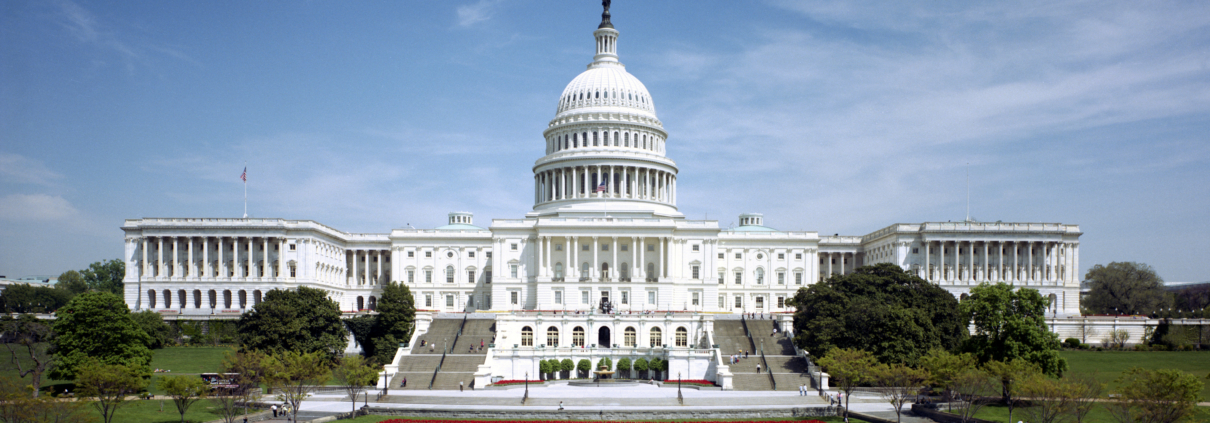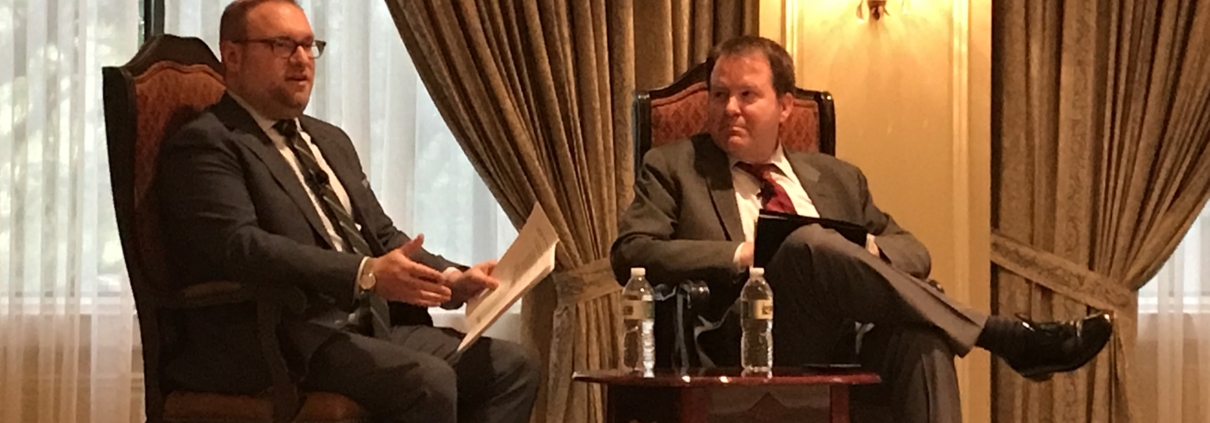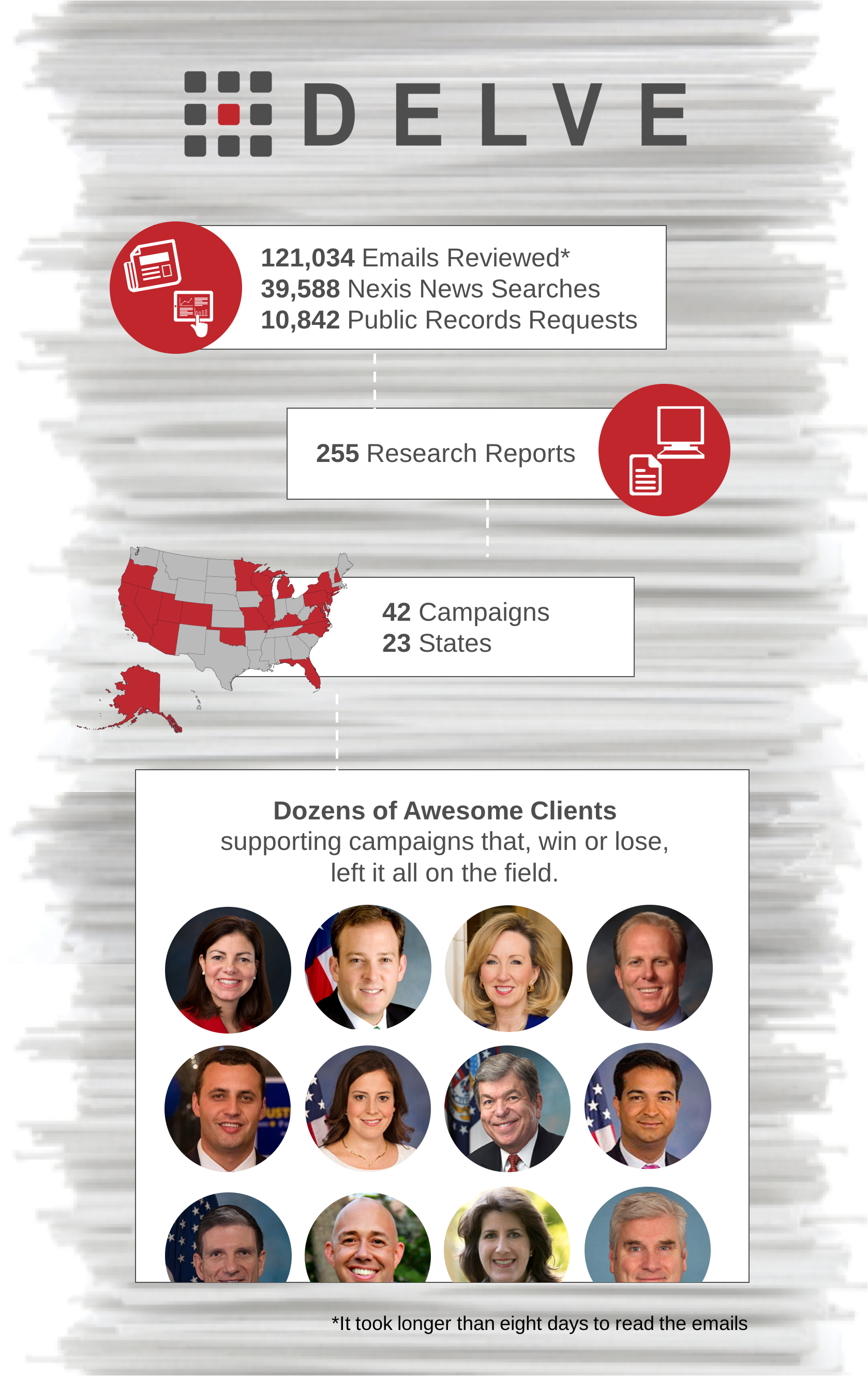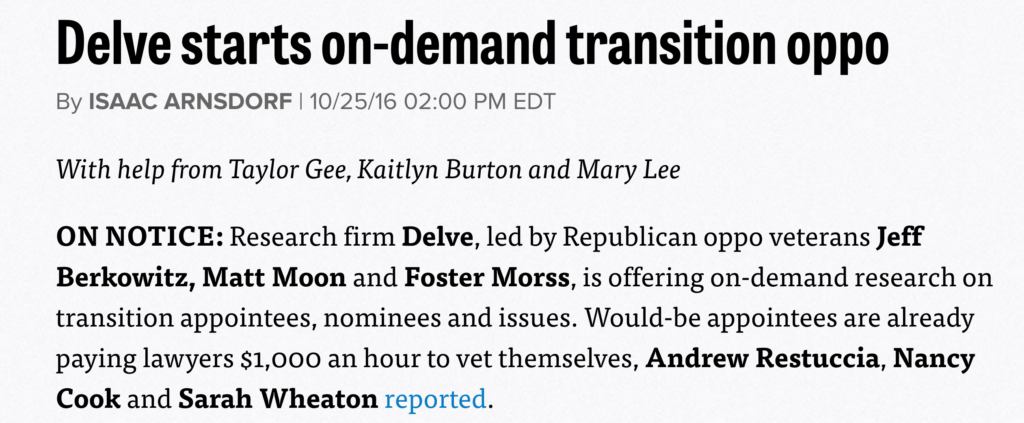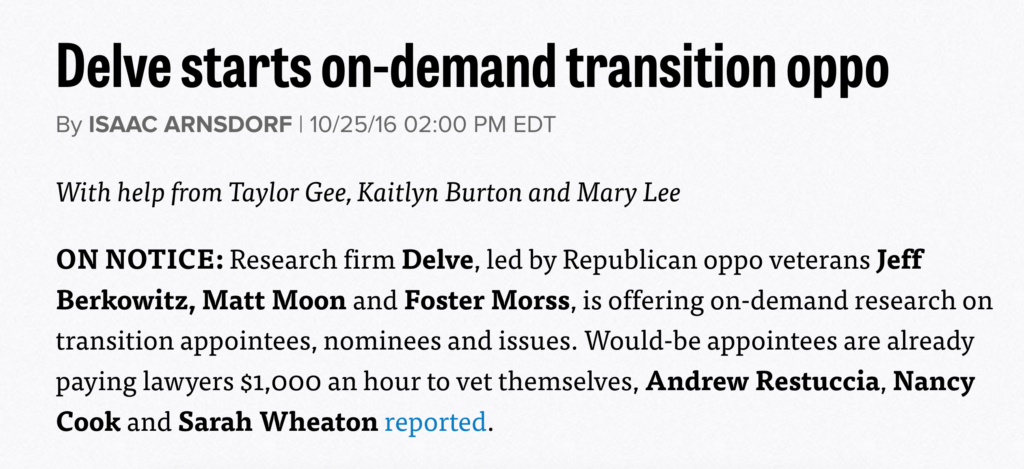Top 10 Reasons Your Candidate Doesn’t Need a Vulnerability Study
As this great era of political disruption continues, commentators, consultants, and political junkies are left to wonder whether or not the old rules of politics still apply to campaigns post-Trump. Some may be tempted to think candidates can now say whatever they want, ignore improprieties and missteps in their pasts, and weather any public affairs firestorm that may come their way during the heat of a campaign. Such thoughts could even lead some to conclude that if the traditional campaign playbook is obsolete, then why would they invest in research to craft their messaging, inform their strategy, and uncover what they don’t know about their candidate and opponents?
Here at Delve, we’ve conducted vulnerability and opposition research for campaigns and independent expenditure groups in 157 races spanning 43 states over the last five election cycles. All of which is to say, we know a little something about the value that a strategic research partner can bring to bear on our clients’ races. In fact, we believe an information advantage provided by research insights is the difference between a campaign that prepares for victory and one that hopes for it.
While there are many things that can’t be controlled during a campaign, uncovering and addressing your candidate’s vulnerabilities is one thing you can. That is why the first step in preparing for victory is understanding your candidate’s professional and personal background and history so that surprises in an ever-evolving campaign environment can be avoided. So why do some campaigns forgo this critical component of a winning campaign?
Even before Trump hit the campaign trail, we heard a lot of excuses from campaigns and candidates, who we thank for helping us pull together the top ten reasons for why a candidate doesn’t need a vulnerability study.
10) “We did a vulnerability study for his first race.” Good research starts getting old the moment it’s completed. Whether your candidate is up for his first reelection or fifth, or seeking a promotion to a higher office, examining the personal and professional history since the last vulnerability study – with the notable addition of an in-depth analysis of his actions while in office whether votes, expenditures, staffing, legislation, meetings/hearings, etc. – will help best position him to stand for reelection again next cycle. Even already known research must be reexamined in the context of the new political environment. What was once a record to tout could now be a record that sows doubt.
9) “We already know his vulnerabilities.” There is a difference between vulnerabilities you see as part of the campaign and those that others independent of it perceive, whether your opponent, the public, or the media. An outside perspective can help uncover insights into vulnerabilities that can be prepared for before they catch you by surprise. Even if you believe a vulnerability has been litigated in past campaigns, the new political environment or a higher stakes campaign against a different opponent can change the dynamics of how voters react to it. The issue may be old to you, but that doesn’t mean it is for voters.
8) “We’ll just focus on our opponent for now.” What if your opponent uncovers a key vulnerability in your candidate’s past and broadsides your campaign when you least expect it? What if you attack your opponent for something that you can be attacked on as well? Part of focusing on your opponent means focusing on what your opponent can leverage against your candidate throughout the race.
7) “My candidate has top secret national security clearance – he can’t have done anything that bad.” As Ronald Reagan said, “Trust but verify.” If thorough research shows this statement is more accurate than not, you will have the verifiable facts to proactively prepare for events in the candidate’s past that could be twisted and taken out of context, as well as dispute false claims. Plus, security clearance background checks are looking for information foreign governments or other bad actors could use to blackmail someone and information that otherwise suggests the individual is not trustworthy. A campaign vulnerability study analyzes the available information through a different lens – seeing how opponents could fairly or unfairly build a narrative for a campaign, not a spy ring.
6) “If there was something to find, it would’ve come up already.” Gut-wrenching revelations about longtime elected officials in high office prove this is not the case all too frequently. Perhaps thorough research was never done in the past, or done well, and the public has been taking for granted that there is no “there” there. You simply cannot know what you don’t know about your candidate’s vulnerabilities, and as Benjamin Franklin wisely counseled: “An ounce of prevention is worth a pound of cure.”
5) “My candidate is unopposed in the primary.” Wonderful! Your campaign is in the enviable position to prepare for the general election and uncover all of the slings and arrows that your opponents are sharpening for the fight. To determine the best contrast messaging you should use to frame the debate in the general election, you need to know your own strengths and weaknesses.
4) “I’ve already Googled my candidate.” An insightful, actionable vulnerability study goes well beyond simple web searches. Instead, it is derived from a broad range of primary and secondary sources, which may even include on-the-ground and in-depth field research, to piece together what a candidate has done, said, and what others have said about her. Collecting this information – from online and off – is just the start. A good vulnerability study is a “red team exercise” providing insights and analysis from the information collected to help campaigns think through messaging and lines of attack that could be used by opponents against their candidates.
3) “I don’t have the budget for a vulnerability study.” With political ad spending expected to hit $10 billion in 2020, figuring out how to maximize your campaign’s spending to deliver your message to voters is vital. In our experience, investing just five percent of your media budget in research to ensure your message has the most effective, impactful, and accurate information to persuade and motivate voters puts your candidate in the best position to win on Election Day. Not to mention, a campaign trail surprise about your candidate’s record is likely to curtail your campaign’s ability to fundraise – how much budget will you have then?
2) “Even if there’s a surprise, the media will just move on to the next thing soon enough.” If the cause of the revelation is known or knowable, it saves time, effort, precious dollars, and reputation to uncover it before the heat of the campaign. As the old campaign saw goes, if you’re explaining, you’re losing. Few candidates are able to withstand the scrutiny, outrage, and attention of a major crisis once it’s illuminated. Victory favors those who prepare for it.
1) “The press will never find that out.” Really?
While you can never ensure victory, understanding and addressing your candidate’s key vulnerabilities ensures you won’t be leaving your candidate’s fate, well, to fate. Let us know how the research bullpen at Delve can help you make a difference in your race, because this list doesn’t go to 11.



